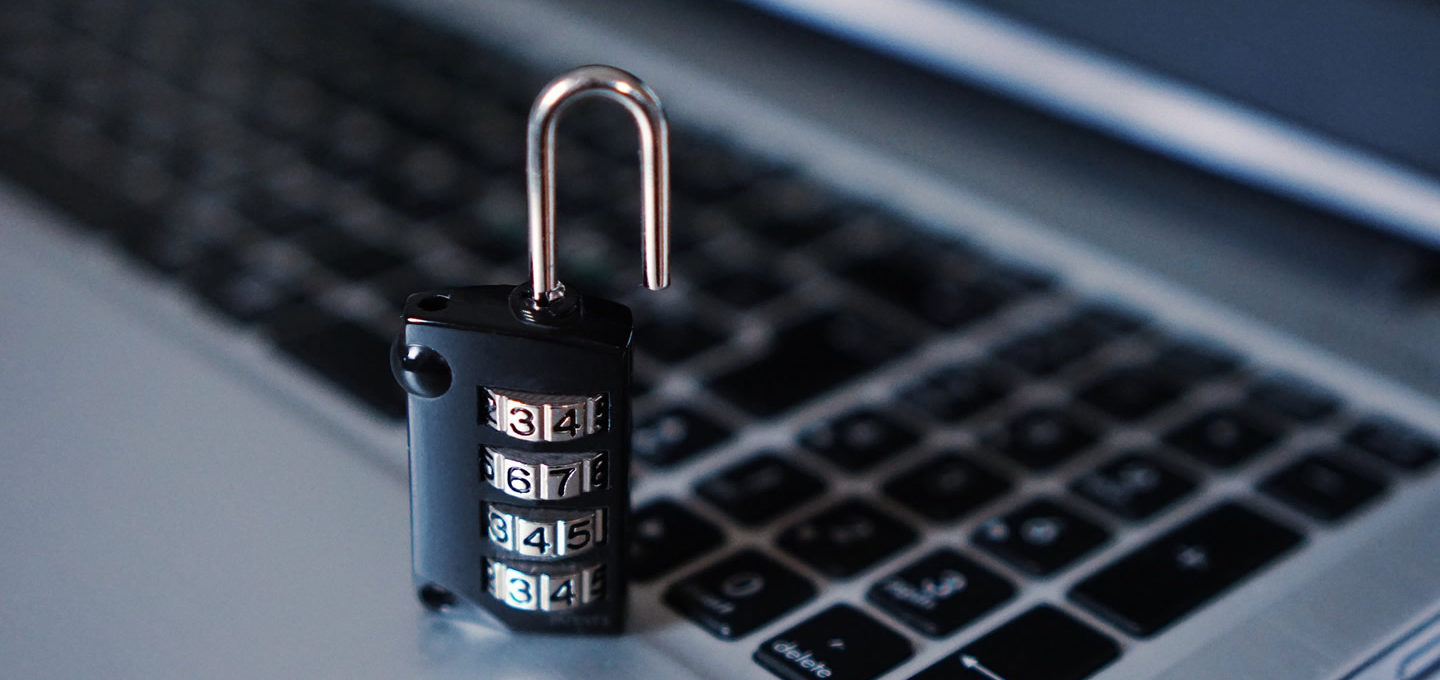While online gaming should be a fun, immersive experience which gives you an escape route from reality for however long you wish to take time out, the sad fact of the matter is, our virtual hiding places aren’t always safe places to find ourselves. Often reported via various media outlets, the myriad of devices and platforms via which we indulge our passion for online gaming might well come under unforeseen attack from nefarious types looking to hack our favourite networks. We no longer live in an offline world from our retro gaming past. Whether by releasing harmful viruses into our systems or attempting to compromise our existing security features for protagonists own ill-gotten financial gains.
So just how can we protect ourselves against such unprovoked offensives during our otherwise enjoyable down time online? Well thankfully there are a number of precautions the online gaming community can take to guard against such potential outcomes, which we’ve flagged up below. From the more obvious measures we can all take in a jiffy, through to the “wow, I never thought about that?!” tips to fend off those with serious intent to unleash the chaos theory. Or something not quite as Armageddon-ish but equally as devastating on a personal level, should these hackers and miscreants’ devious plans come to fruition.
- First up, and one of your main priorities when shielding yourself from unwanted technical advances (the sort which unleash more than the odd Gremlin into your system) is to download and install an anti-virus tool for the device on which you’re playing your online games. You’re pretty much spoilt for choice when it comes to programmes which block malware, so have a good shop around to find one which best suits both your needs and wallet. One thing is certain once you’ve got an anti-virus tool up and running, and that’s if you do accidentally stray onto a malicious website to play games on, any dormant viruses or hackers will be stopped in their tracks then and there
- Elsewhere, and creating a strong password will play a pivotal role in securing your online gaming persona and details, and therein any attempt to further hack into your system. Blending upper case with lower case letters, together with selecting some numbers for good measure, your online gaming platform password(s) should be a minimum of 8 characters and ideally be memorable. At least for you to access that is. Short, unique and difficult to predict passwords tend to be the least susceptible to online fraud, whilst changing it once every three months is also highly advisable
- Give online gaming forums a wide berth, or if you do choose to frequent them remain vigilant for any signs which set alarm bells ringing. Scammers make a habit of pretending to be genuine gamers and will visit these dedicated forums posing as players so as to lull innocent parties into revealing information about themselves and/or accounts which will then make them vulnerable to attack in an online capacity. There have been countless instances where scammers have lured unwitting victims into their deceitful plans and hoodwinked them into sharing account qualifications. Be wary of anything which looks suspect or raises doubts in your mind
- Report any activities which you’re concerned about (or any problems with your gaming account per se) with the online game provider’s website via a recognised web browsing platform, by following the appropriate links on the official site. Don’t whatever you do, try and access the company by clicking on links you might receive in an email, as this could itself be a ploy from hackers to infiltrate your system. The same rule of thumb applies to ads which may pop-up with instructions to click on unknown links
- It’s often worthwhile checking online game reviews before playing to determine feedback from users. Comments from players will give you a better idea of the legitimacy of the game and whether or not any glitches and/or dubious bugs suddenly manifesting in user’s systems are reported. This might be considered a useful warning sign that possible hackers are present. For example, Novibet online casino ticks all of the ingredients of a good site to play at.
- Finally avoid revealing any of your personal information on an online game-playing platform or in your public-facing account details. Also, don’t share your email address when registering with gaming sites, and try to use an avatar rather than an image of your actual face to protect your identity details from falling into the wrong hands; and who can them build a fuller picture of the user with a view to infiltrating accounts.
Photograph by The Digital Way

